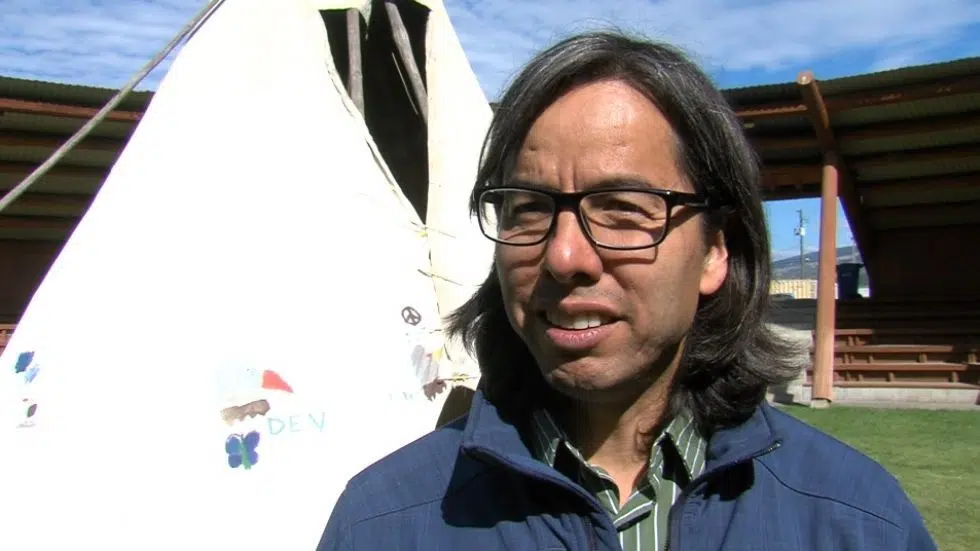
Lower Nicola chief: Indigenous perspective on Trans Mountain not black and white
MERRITT, B.C. — The chief of the Lower Nicola Indian Band says it’s important that the raging Trans Mountain pipeline debate not generalize the nuanced voices of affected First Nations.
Aaron Sumexheltza says the existing pipeline goes through three of LNIB’s reserves, as does the proposed expansion route.
“We believe that we’re one of the most important communities, just due to the fact that the current pipeline goes through our reserve, and the proposed expansion does as well,” said Sumexheltza.
While LNIB has signed a conditional mutual benefit agreement (MBA) with Kinder Morgan, Sumexheltza says it has yet to give its final consent to the pipeline project.


